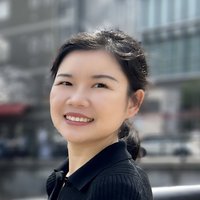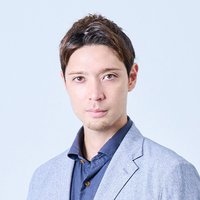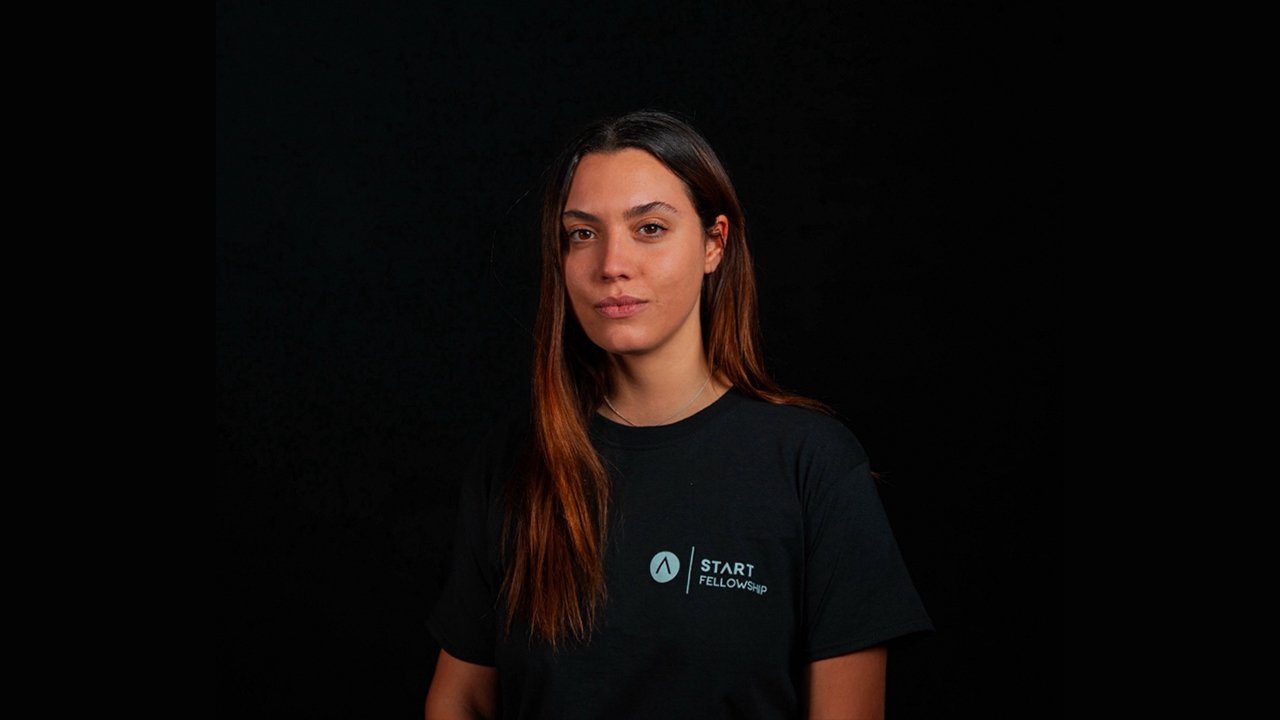Pesticides
have a limited effect on the crops they are intended to protect. According to
the Pesticide Action Network (PAN), only 0.1% of applied pesticides or
herbicides actually reach their target. The rest ends up on plant leaves, in
the soil, water, or air, carrying significant environmental consequences.
Milagros
Romano (Argentina, 27 years old) has developed a solution that enables the use
of pesticides, herbicides, or nutrients only where needed, limiting not only
the uncontrolled use of these chemicals, but also contributing to the
protection of the planet.
“Our
innovation is an intelligent biocapsule made from proteins, which activates
only when it detects environmental changes, such as the presence of pathogens
or shifts in pH. This allows for the precise release of inputs, optimizing
their use and minimizing waste,” she explains.
At Vexxel
Biotech, they have developed this technology that gives nature the ability to
determine when to absorb the necessary nutrients or treatments for plant growth
and protection.
“This is
completely different from the current practices in the industry, which apply
inputs in a massive and indiscriminate manner,” Romano emphasizes.
Before
studying Business Administration at the Universidad Argentina de la Empresa
(UADE), Romano was already thinking about how to make the world a better place.
At the age of 11, she tried to design a machine to turn seawater into drinkable
water. “Although
it was a naïve idea at the time, it was the first moment I realized the impact
technology could have on problems that seemed huge and insurmountable,” she
recalls.
Regarding
her motivation to found Vexxel, she explains: “Throughout
my career, that curiosity for solving complex problems never went away. When I
discovered the devastating impact that the misuse of agrochemicals had on both
the environment and human health, I knew I wanted to do something about it.”
Now, the
company she leads has proven its effectiveness on multiple fronts through pilot
programs and field studies, yielding strong results in terms of cost reduction,
increased agricultural productivity, and environmental benefits.
Vexxel has
launched projects in three countries: Argentina, Mexico, and the United States,
with the participation of over 20 farmers and ongoing discussions with
companies that are expected to lead to collaboration agreements. “In the
near future, we project revenues of $1.5 million USD (around €1.3 million) next
year, and we expect to continue scaling quickly as we validate more pilots
across different regions of the world,” estimates Romano.
The company
is also exploring how its technology can be integrated into the fight against
climate change, not only by reducing agrochemical use, but also by decreasing
the global carbon footprint. The
estimated impact is significant: for every 1,000 hectares treated with their
technology, 149 tons of CO₂ emissions are avoided, representing a key
contribution toward achieving international sustainability targets.
However,
the team is aware that many agricultural practices are deeply rooted in
tradition, meaning that educating and building trust around their technology
will be essential in the coming years.
Romano has
been recognized for her entrepreneurial work in several global programs, with
nearly a decade of experience founding innovative, tech-based companies. She
received the Halcyon Fellowship in the United States and has won the Slush GIA
startup accelerator in Finland and the World Agritech competition in Brazil. Now, she
has also been named one of MIT Technology Review in Spanish 35 Innovators
Under 35.




